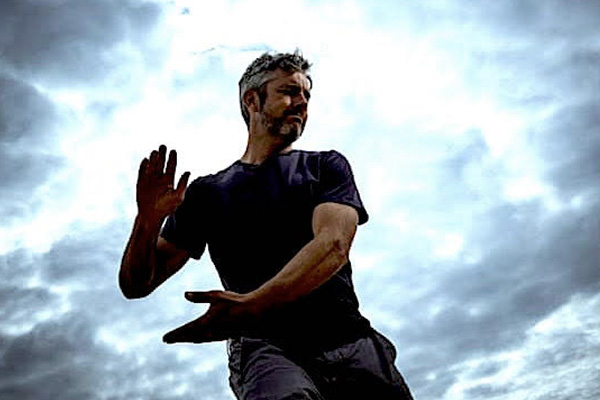MOVING AND GROOVING –
March 25, 2022 – Attending one of Miller’s virtual classes during lockdown, it was easy to see that participants’ stress and anxiety was high. At first the screen was filled with scrunched up faces and tense shoulders. When Miller asked how everyone was feeling, there was dead silence. But as he guided the class through their gentle movements, bodies began to loosen and during breaks people talked more openly about how lockdown was affecting them.
“The movements of qigong help because they provide the mind with a job and stop it from wandering to those negative thoughts,” Miller says. Dr Shalini Arunogiri is an addiction psychiatrist and deputy clinical director at Turning Point, a national addiction treatment and research centre that started in Victoria in 1994. Arunogiri says clinical trials have shown different types of mindful meditation to be effective when practised alongside counselling or psychological treatment.
“Meditation and mindful movement can have a role to play for many people in their recovery,” she says.
“Aspects of these types of approaches help people reconnect and become more in tune with their bodies, or support better management of emotions.”



